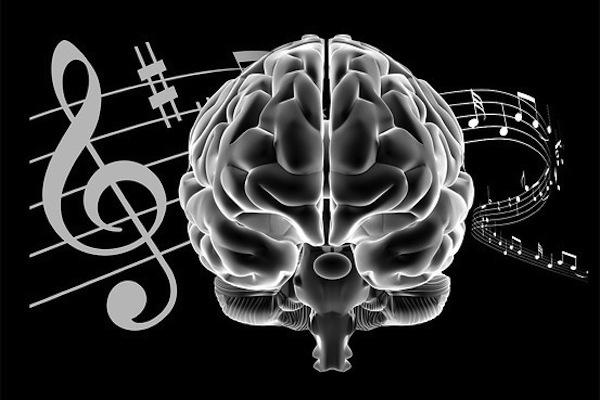Music is a big part of many people’s lives. Music is a part of every culture in the world. Why is that so? Maybe it is because listening to music has positive effects on the body and especially of the mind. Here are some of the psychological functions of listening to music:
Psychological Functions of Listening to Music
Music can Reduce Stress and Anxiety
According to research, listening to music with a slow tempo and low pitch can calm people down. Listening to music can significantly reduce the agony of stressful and painful events.
Music can effectively reduce heart rate, systolic blood pressure and blood cortisol levels. All of which are biological markers of stress. According to a study the patients who listened to music after surgeries had lower blood cortisol levels as compared to the patients who did not listen to music. The patients who listened to music also required fewer amounts of painkilling drugs to manage pain. So whenever you are in a stressful situation try listening to some slow and calming music. This will help you manage the stress.
Music can Reduce Depression
Depression is one of the most common psychological disease people all around the world are suffering from. According to research, music can elevate one’s mood and can effectively reduce the symptoms of depression. Research has also shown that the kind of music also matters; classical and meditative music is uplifting and helps in reducing depression whereas heavy metal, techno, and other loud music can make the condition worse.
Music improves Cognitive Performance under High-pressure Situations
Listening to background music has been known to be an effective method to enhance cognitive performance. A study was held in which people took cognitive tests, the people who listened to music were able to answer more question is the allotted time and got more questions right as compared to the people who did not listen to music. Music can also improve your performance under high-pressure situations. According to a study basketball players who were not able to perform in high-pressure situations performed significantly better if the listened to motivating music first.
Music can Improve Sleep Quality
Insomnia is turning out to be one of the major problems being faced by college students.in is mainly caused due to stress and anxiety due to studies. According to studies listening to classical music can help people sleep better and it can effectively treat insomnia in college students. Music is a cheap alternative to sleep-inducing medication, and above all, it has no side effects.
Music can Improve Mental Health in Old Age
It has been indicated by research that listening to music or having musical training can keep the mind healthy as it ages. Listening to music has also been called exercising the brain by some people. Music can also help people with any mental disease to regain partial or sometimes full memories. Listening to music helps bring up old neurological patterns because music stays in mind for a longer time. Music can also help people with Alzheimer’s disease.
Author Bio
This article is written by Peter Thomson, who is a little too obsessed with music and musical gadgets. He loves traveling and enjoys time with his friends. He regularly posts at https://www.themusicianlab.com.






